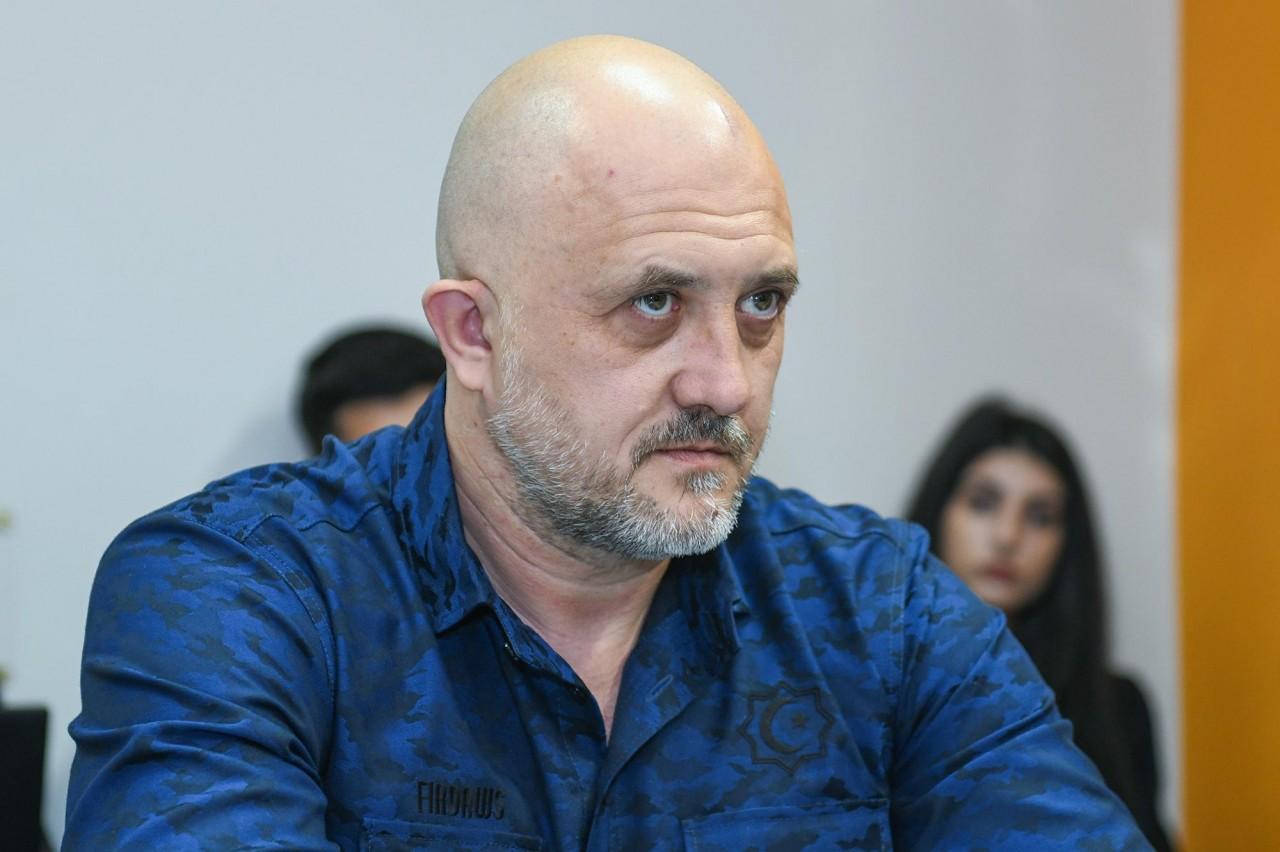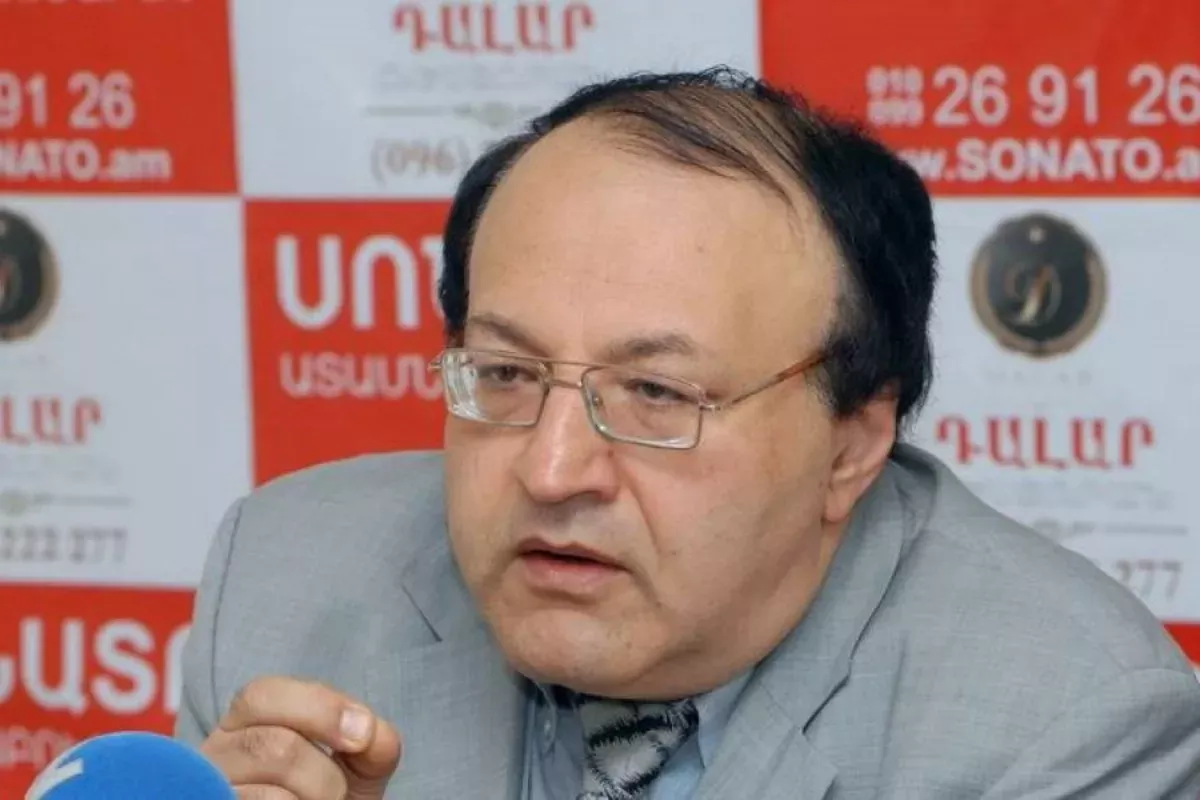Pashinyan or Kocharyan: Is the Azerbaijan-Armenia peace process now irreversible? Expert opinions on Caliber.Az
Former Armenian President Robert Kocharyan recently held a major press conference, announcing that he and his political team plan to participate in the 2026 parliamentary elections. At the same time, Kocharyan stressed that his participation alone would not be sufficient. He expressed hope for the emergence of other political forces whose cooperation “could lead to real changes in the country.”
The ex-president also predicted that Prime Minister Nikol Pashinyan’s chances of being re-elected in 2026 are “close to zero.” Citing shifts in public sentiment, Kocharyan said he feels significantly more optimistic now than he did in 2021. “The situation today is different,” he noted.
Armenia’s next parliamentary elections are scheduled for June 2026. The winning party will have the right to nominate a candidate for prime minister.
This raises important questions: Is there a real possibility that Pashinyan’s party could lose power and move into opposition? And if that occurs, what would be the implications for the delicate peace process between Armenia and Azerbaijan?
Caliber.Az spoke with leading experts to explore these questions and assess the prospects for Armenia’s political future.

As stated by Yevgeny Mikhailov, Director of the Russian Centre for Strategic Studies of the South Caucasus, it should be understood that, in principle, regardless of any changes in Armenia’s leadership, the situation in relations with Azerbaijan is developing quite positively.
“And the elites have a clear understanding that war would lead to nothing good at this point. As for whether Pashinyan’s party might end up in the minority, of course, I have my doubts.
The possible rise to power in Armenia of someone like Kocharyan and his partners would also not worsen the situation. In any case, the situation has already changed. And Russia views the region differently now; we see Azerbaijan as a partner, not an enemy,” the analyst noted.
He continued, noting that if we recall the recent meeting between the leaders of Azerbaijan and Russia in Dushanbe, there is a chance that normal communication will resume, the strategic dialogue will continue, and both sides will fulfil their strategic allied obligations and cooperate.
“So a change of power in Armenia will no longer return Karabakh to the Armenians. That is certain. And if they try to do something, the time for that has already passed. Azerbaijan is strong. And if anyone thinks that Kocharyan will come to power and Russia will immediately side with Armenia—no, that is not the case. Russia will support Armenia as a partner in the EAEU [Eurasian Economic Union - ed.] and in other contexts. For Russia, it will be important that Armenia remains a full member of the CSTO [Collective Security Treaty Organisation - ed.] and participates in all its activities. But this will have no impact on the situation with Azerbaijan,” Mikhailov said.

Hmayak Hovhannisyan, President of the Armenian Political Scientists Association and Doctor of Political Science, noted that Baku’s interest in the results of Armenia’s parliamentary elections, scheduled for early June 2026, is quite justified. Armenia is a parliamentary country, and its head of government—currently Prime Minister Nikol Pashinyan—is elected, or effectively appointed, by the parliamentary majority.
“Thus, it is true that the outcome of these elections will determine Nikol Pashinyan’s political future, and, as commonly believed, the future of the peace agreements reached between Azerbaijan and Armenia under the auspices of the U.S. President. But is that really the case?
I dare assert that it is not! It is not, because the Armenian people’s desire for peace and good-neighbourly relations is so obvious that only political suicides would ignore it and act against this aspiration. Fortunately, we have no such people, and I have no doubt that all participants in the electoral process—albeit with certain reservations—will be unanimous in supporting the goals of peace and good-neighbourly relations between our peoples,” the political scientist believes.
He is more than confident that, regardless of who wins the parliamentary elections—whether Nikol Pashinyan’s party or another—the peace process between Azerbaijan and Armenia, initiated this year in Washington under the auspices of U.S. President Donald Trump, is irreversible.
“In the heat of the election campaign, there may be all kinds of belligerent outbursts and aggressive rhetoric—after all, can our Dashnaks manage without that!—but these will be nothing more than the typical byproducts of electioneering. Even if, by some miracle, the Dashnaks enter the next parliament, or, which is absolutely unrealistic, win a majority and appoint their own prime minister—Robert Kocharyan himself—the peace process between our peoples will still continue and deepen. This is precisely the beauty of democracy: no one can oppose the will and mindset of the people. The Armenian people sincerely desire peace and good-neighbourly relations, and no one can go against their will,” Hovhannisyan asserted.








